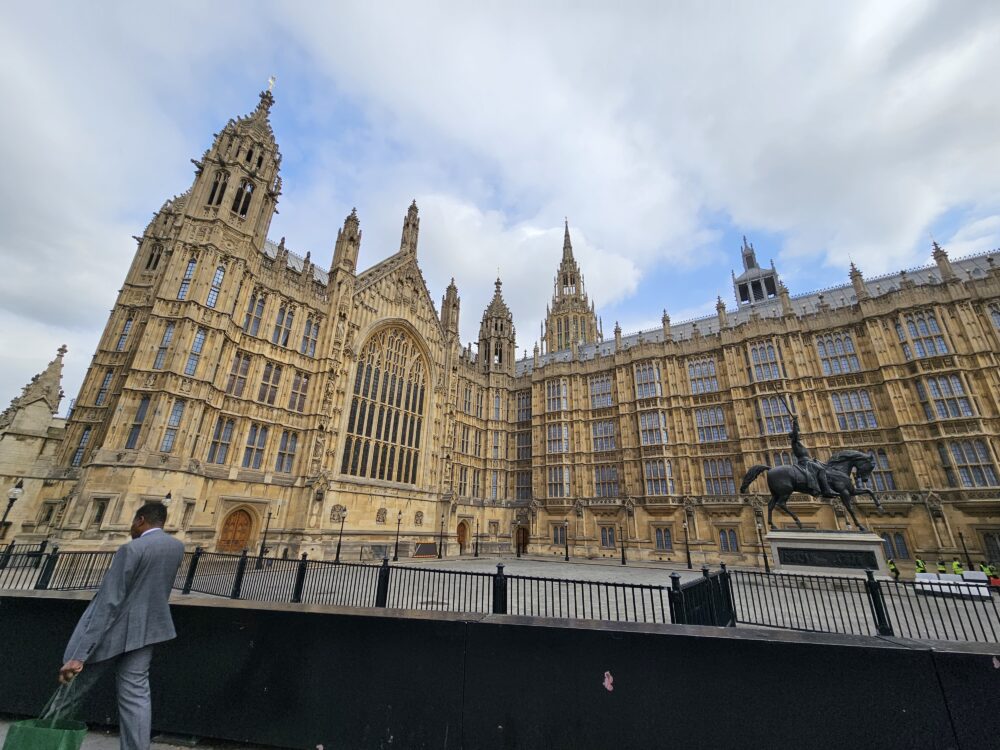Presumably under instructions to show the Government is fulfilling its promises on housing,
Michael Gove is proposing to relax the planning system still further to allow more town centre
premises to be converted to housing, and to develop brownfield sites.This despite much of the
country being under a housing embargo and a general opposition to new housing because of
the lack of infrastructure.
The Government has a target of 400,000 new homes per year. A target it has consistently failed
to achieve. Margaret Thatcher created much of the problem by not allowing Councils to build
new housing while also making it easy for tenants to buy their houses, effectively turning off the
taps while removing the plug. This is especially so in the affordable housing market.
The expectation was that the private housebuilders would pick up the slack, but despite their
protestations they have no interest in flooding the market with new houses which would reduce
their profits.
Although some provision has been made for Councils to build houses it is to little to late.
In recent years embargos due to impacts on wildlife, water and power supplies have effectively
stopped development in much of the country.
Where development has gone ahead it does little to persuade the public to support more
development. The re-use of empty buildings makes a good sound bite but has resulted in many
cases of poor quality housing, often with minimal parking provision and no regard to the
location.
Michael Gove sees taking more control away from local councils as the solution, but in reality is
likely to alienate the public still further unless some of the problems of the last ten years can be
addressed.
Mr Gove is seeking to promote a major development in Cambridge as an example of the way
forward, notwithstanding that the area has severe water supply problems. Even so Mr Gove
believes he can persuade local decision makers to approve the scheme. This despite locals
seeing the rivers running dry and the likelihood of water rationing in the future. Who in their right
minds would vote for proposals that will lead to the taps running dry?
To achieve this the Government proposes to send in teams of planners. Anyone who has made
a planning application will now that Councils have too few staff and are unable to fill vacancies.
Thirty years of cutbacks, redundancies and early retirement has cut deep into the bone of the
service. There is no large pool of planning officers to draw on.
Finally in a throwback to 2008 the Government intends to relax the rules on house extensions. It
was not clear then how this helps house building or expands the economy and no explanation is
given now.
This was the area where planning officers first cut their teeth. Do we expect them to come
straight from college, usually with a geography degree, and expect them to deal with major
housing schemes?
By giving councils the role of arbitrator between neighbours it takes potential cases away from
the courts.
One can only assume that with a General Election looming the Government is dusting of old
policies to try and appear to be addressing the problem of housing while in reality building more
problems for the future.
By Keith Oliver


